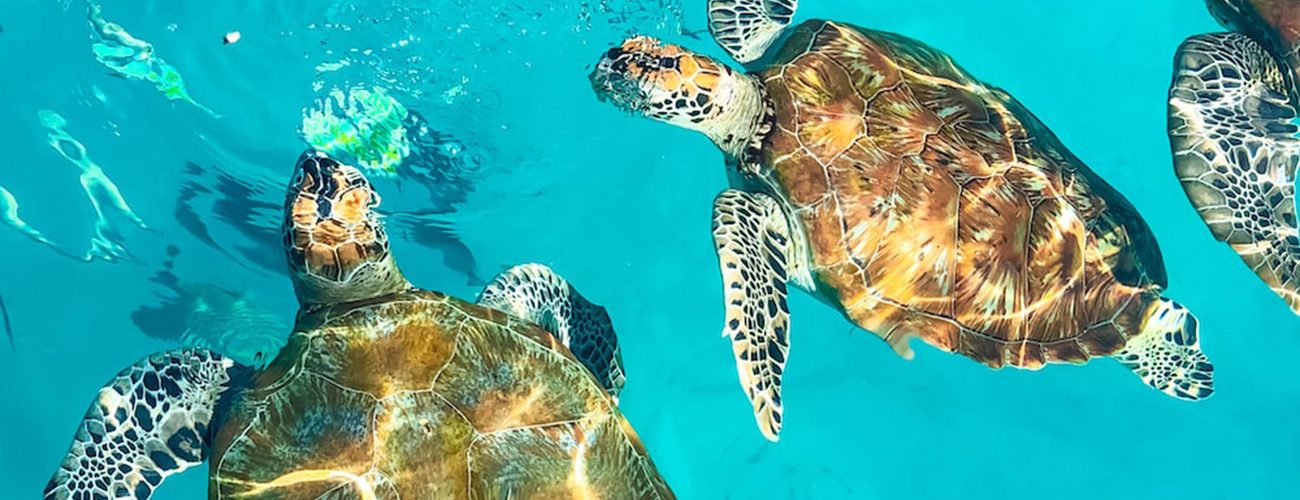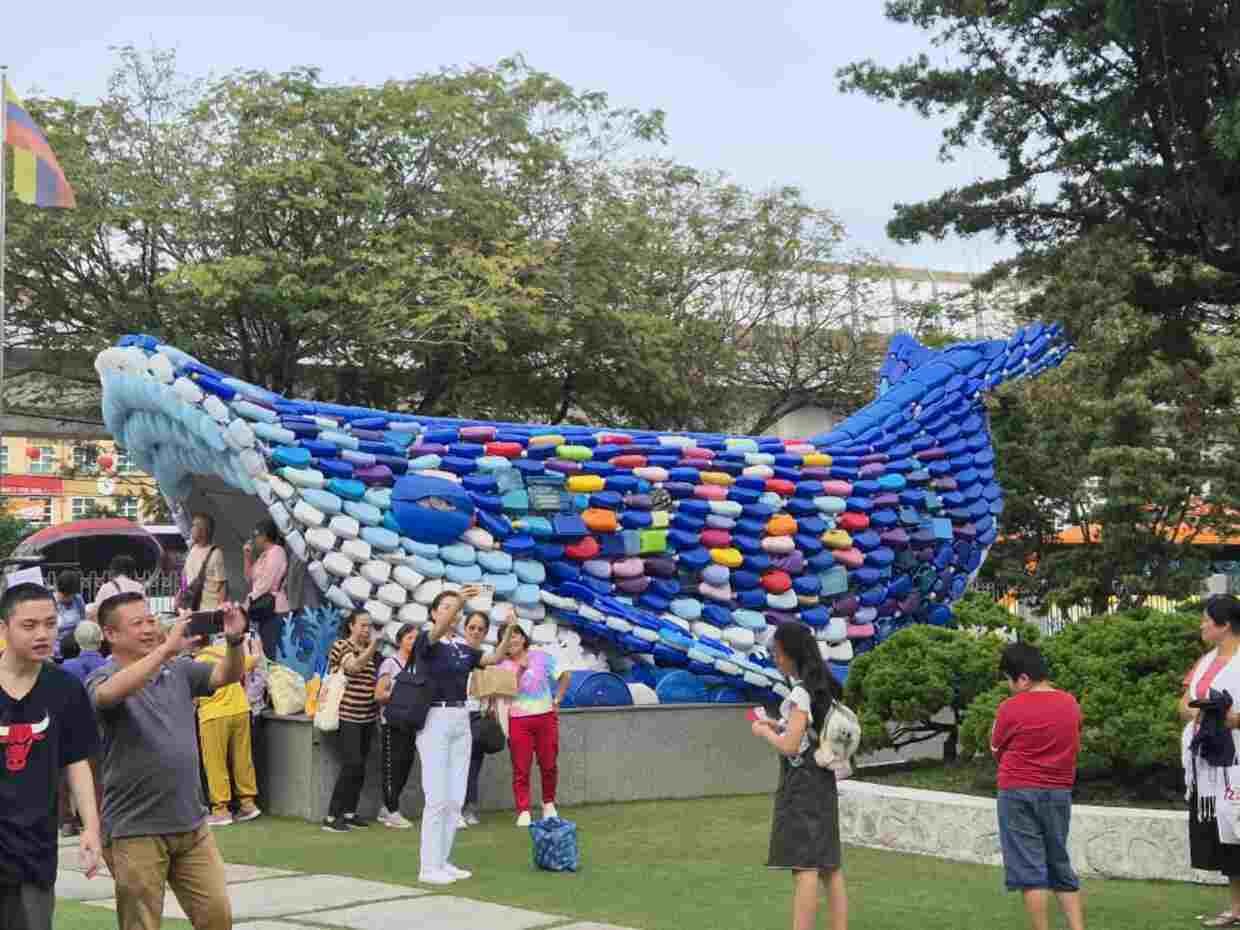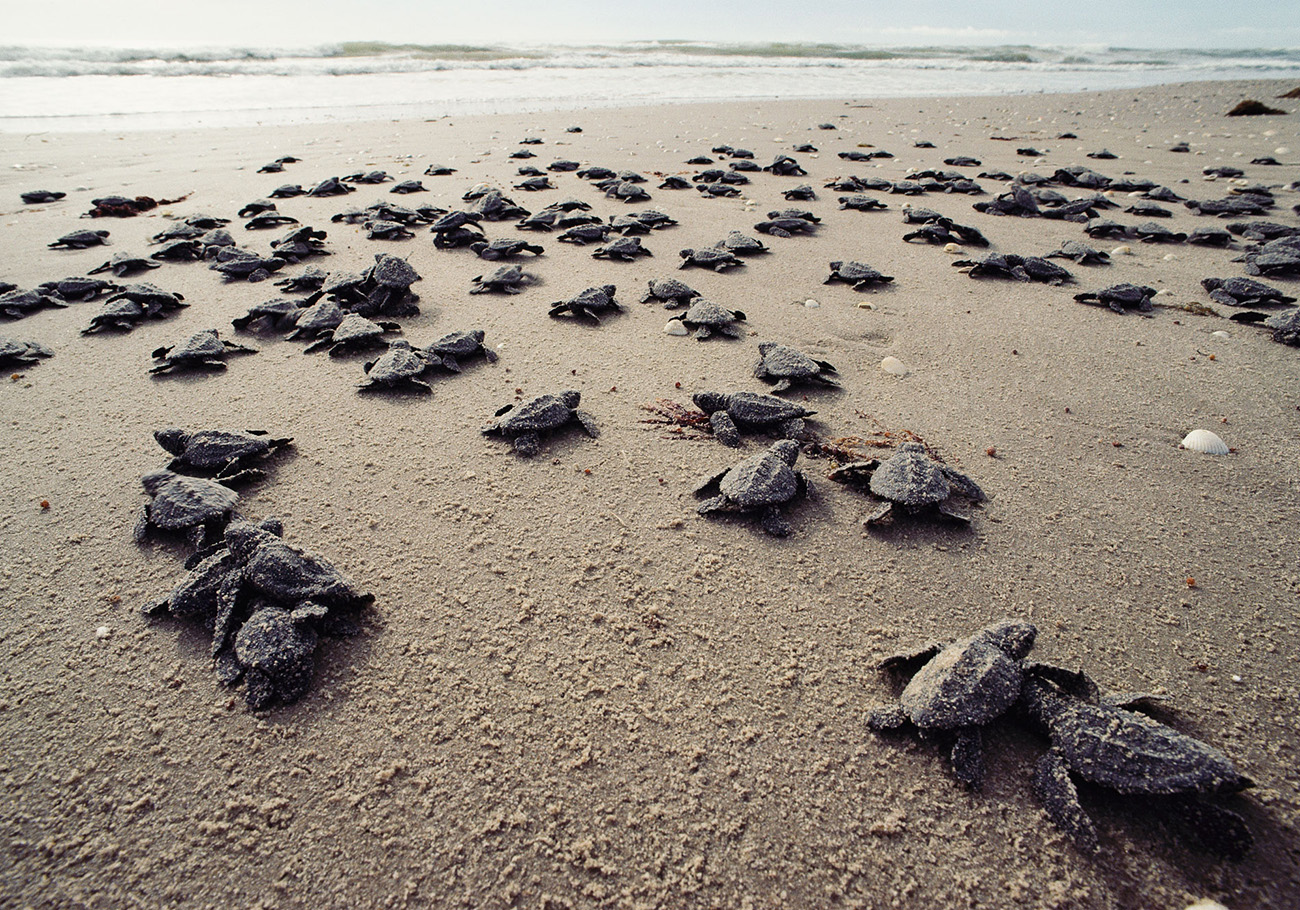
In a concerning development, Malaysia’s turtle species, including the iconic leatherback turtles, are on the brink of extinction due to a range of threats, primarily driven by human activities.
The Consumers Association of Penang (CAP) has issued a fervent call to action, urging authorities to address this pressing issue. Once a major tourist attraction, Terengganu’s Rantau Abang now bears witness to the tragic decline of these ancient creatures, victimized by irresponsible behavior.
The alarming decline in turtle landings
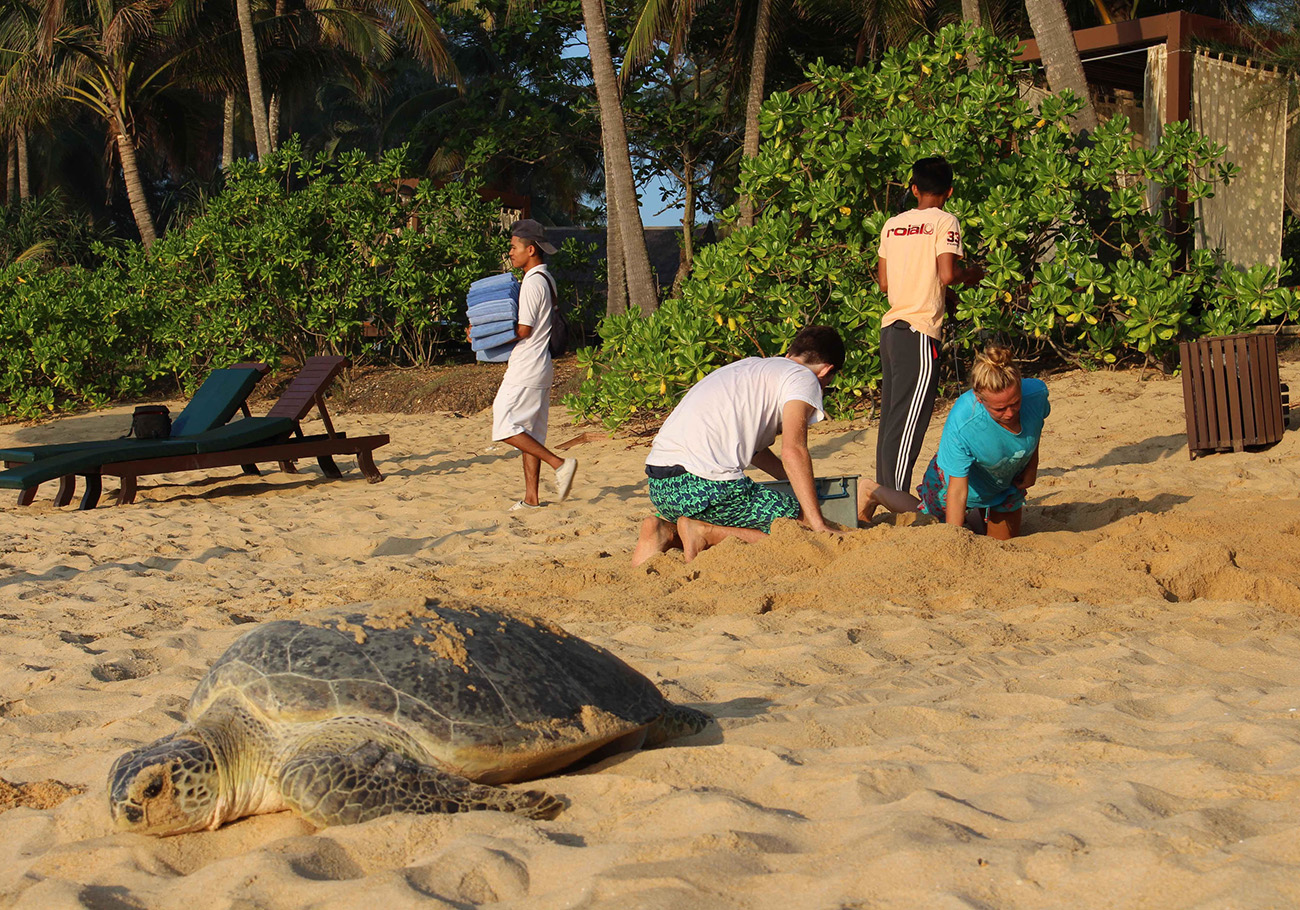
Recent reports from Terengganu have highlighted a continuous and precipitous decline in turtle landings, painting a bleak picture of the state of these majestic creatures in Malaysia. The once-thriving leatherback turtles, which used to be a prominent draw for tourists at Terengganu’s Rantau Abang, have not graced these shores for the past five years.
This absence is deeply troubling, and the gravity of the situation is underscored by data from the Malaysian Fisheries Department, which has recorded a mere two sightings in 2017, compared to the numerous encounters in the past.
Of the seven sea turtle species known globally, four have historically frequented Malaysia’s coastlines – the leatherback turtles, hawksbill turtles, olive ridleys, and green turtles. Today, all of these species find themselves in a perilous state, teetering on the edge of extinction. Their populations have been officially classified as endangered in the International Union for Conservation of Nature (IUCN) Red Data Book, a dire testament to the urgent need for intervention and conservation efforts.
The decline in turtle numbers is not merely a local issue; it reflects a global crisis in biodiversity conservation. As these ancient creatures vanish from our shores, we lose not only a unique and beautiful part of our natural heritage but also a crucial contributor to the health of marine ecosystems. The alarm bells are ringing, and the call for action to protect our turtle species grows increasingly urgent.
Threats and urgent need to protect turtles
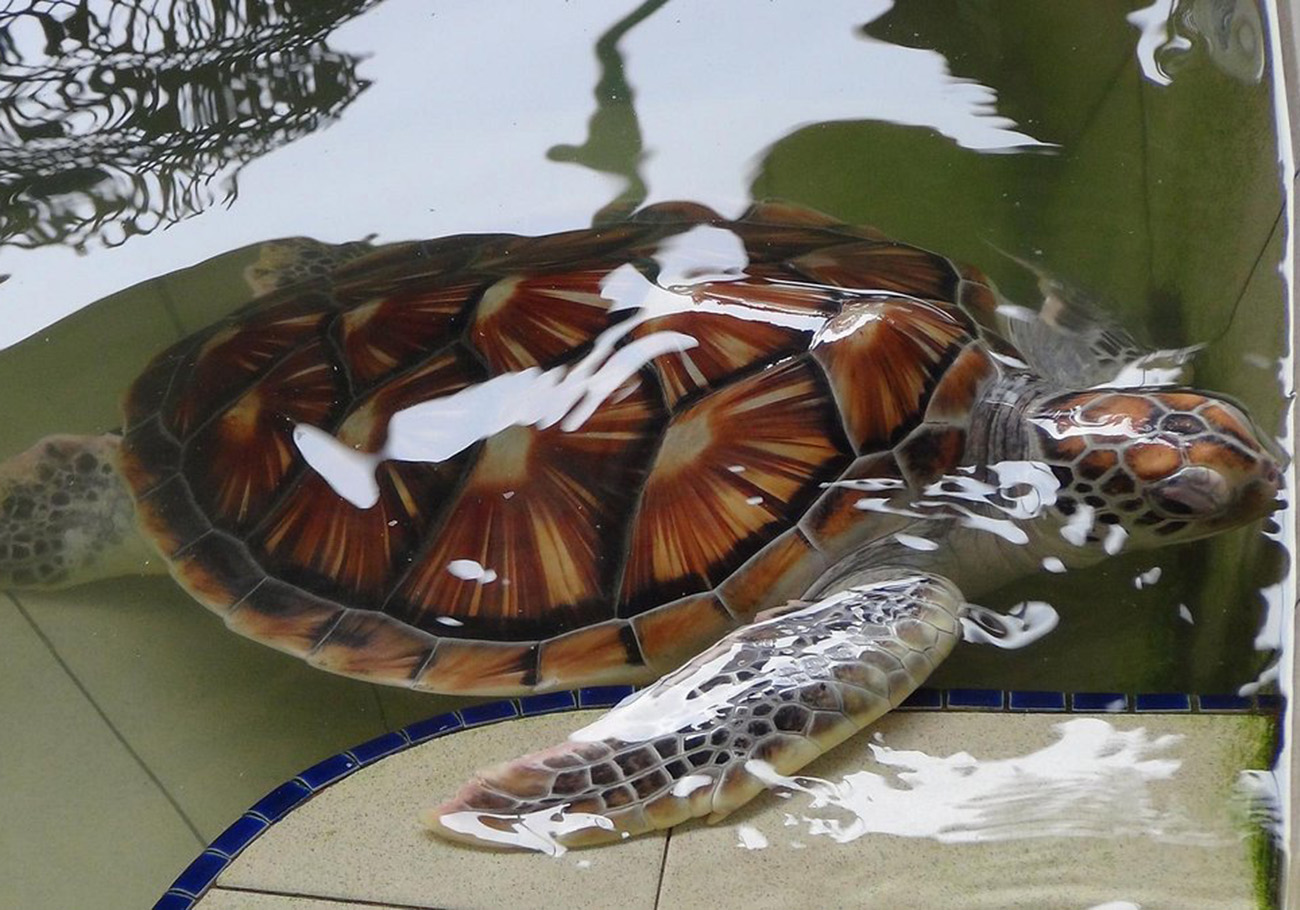
While turtles face natural threats such as bird predation, lizard raids on nests, and crabs, it is human interactions that drive them towards extinction. Illicit practices like turtle egg consumption, illegal trade, hunting for various purposes, and habitat destruction due to coastal development are pushing these creatures to the edge.
Entanglement in fishing gear and ingestion of plastic waste pose additional perils. Furthermore, pollution from oil spills and chemicals, exacerbated by climate change, jeopardizes turtle populations and disrupts their gender ratios, impacting reproduction.
Turtles play a vital role in maintaining the health of inshore ecosystems. Their consumption of algae prevents overgrowth on coral reefs, thereby safeguarding these delicate environments. Without immediate intervention and effective enforcement of protective measures, the extinction of marine turtles appears inevitable.
The CAP implores state governments and regulatory authorities to collaborate on enforcing laws, banning turtle egg sales, reducing marine pollution, addressing global warming, and preserving natural coastlines.
The decline of turtle species in Malaysia is an alarming crisis that demands immediate attention. Humans are the primary threat to these ancient creatures, and urgent action is needed to reverse this trend. Authorities must strengthen protection for marine wildlife and enforce existing regulations rigorously.


